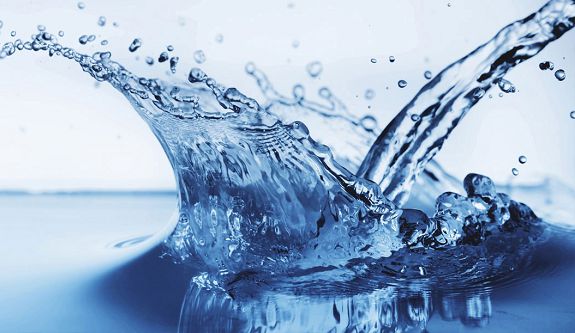
36 communities to benefit from rural water, sanitation project
Thirty-six communities in three regions in the country are to benefit from a Plan International Ghana Rural Water, Sanitation and Hygiene (RWASH ) project.
Akuapem North Municipality, Okere in the Eastern, Agona East District in Central and Afadzato South District in Volta regions are benefiting from the project.
The project is expected to increase access to gender friendly water, sanitation facilities to promote hygiene for some 32,000 beneficiaries in the aforementioned districts at its completion in 2021.
Stakeholders
The Business Development Manager of Plan Ghana, Mr Joseph Appiah, explained that Plan International Ghana was working hard to provide equal opportunities for people in deprived communities to improve their living standards, particularly with regard to access to potable water, sanitation and hygiene facilities.
For instance, he said Plan International Ghana had supported some community members to acquire skills and knowledge about the
Mr Appiah noted that the workshop was expected to encourage participants to return to their respective communities to educate their members to support the project to ensure its completion in the next three years.
As part of efforts to ensure an effective and timely execution of the RWASH, he said Plan International Ghana had organised a three-day workshop for its stakeholders in the Eastern Regional capital, Koforidua.
Participants included officials from Plan International Ghana, a representative from Plan Germany, Ms Annika Malinowski, representatives of local non-governmental organisations and development planners from beneficiary district assemblies.
Some members of the beneficiary communities also participated in the workshop during which they shared their experiences and expectations with the implementers.
Top on the agenda was the effective execution of the RWASH and the sustainability of facilities after its completion and subsequent handing over to the communities.
Call for support
The Eastern Regional Manager of Plan International Ghana, Mr Kofi Adade Debrah, called on stakeholders in the beneficiary districts to fully support the RWASH project to ensure its success.
"Communities must understand that good toilet practice is dignity, and total sanitation is a responsibility on their part for their healthy living which are key prerequisites for increased labour productivity to lift them from poverty to wealth. The timely maintenance and repairs of the water and sanitation facilities to be constructed, and the payments for tariffs for water supplied are not negotiable to ensure the sustainability of the structures,” he urged.
The Municipal and District Assemblies, Community Water and Sanitation Agency (CWSA ) and the Environmental Health Directorate realising that they are the duty-bearers of which the health and general wellbeing of the population are entrusted to remove "red-tapes" and derailing bureaucracies to make things work", he advised.
Mr Debrah said the approval of funds for this project could be seen as a reward for the good performance of the past integrated water, sanitation and hygiene project, which was implemented in 20 communities in the Eastern and Volta regions in the past three years.
Project objectives
The Project Manager for RWASH, Mr William Domapielle, outlined the project objectives which included contributing to the reduction in morbidity and mortality among children, especially girls, through access to safe, affordable and sustainable drinking water and improve sanitation and hygiene by 2021.
